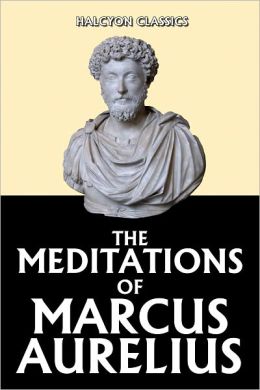The Quiet Mind by John E. Coleman, a former CIA-officer, is a classic story of a search – the personal experience and the discoveries which led one man to a state of mind which has increased the joy of living and the ability to cope effectively with many of life´s problems.
Part of the mystery of the Far East lies in the fact that in that part of the world the kind of questions to which I wanted answers do not bring raised eyebrows and impatient protests of “nonsense.” Meditation, strange religious practices designed to free the mind even faith in occult powers which throw light on the more obscure mental processes, are not dismissed as unfruitful areas of research.
Part of the mystery of the Far East lies in the fact that in that part of the world the kind of questions to which I wanted answers do not bring raised eyebrows and impatient protests of “nonsense.” Meditation, strange religious practices designed to free the mind even faith in occult powers which throw light on the more obscure mental processes, are not dismissed as unfruitful areas of research.




-210.jpg)